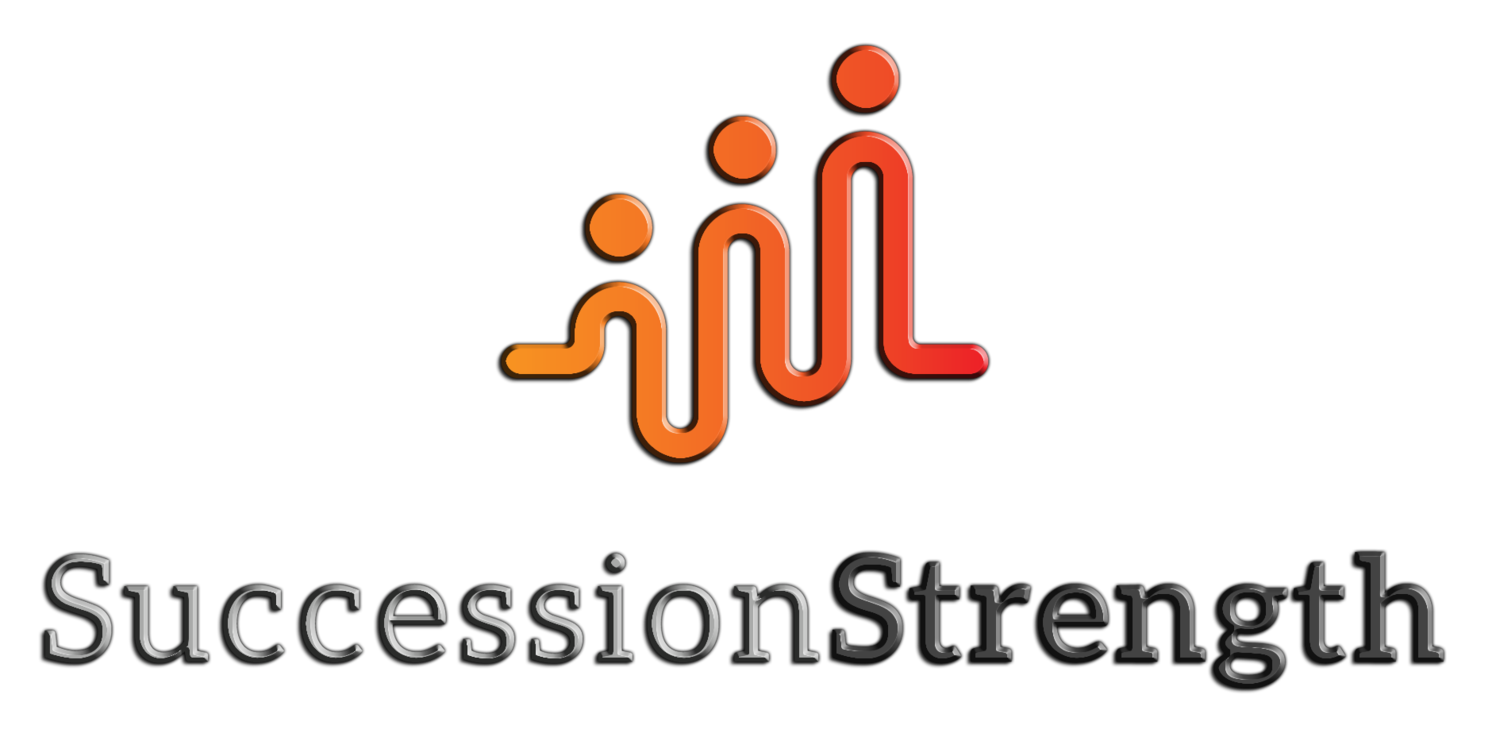The Unwilling Successor: (Un)selfish and Guilt-free
The Unwilling Successor: (Un)selfish and Guilt-free
As they say, “It takes two to tango.”
When it comes to choosing someone to take over the business, those words are exactly right. In our previous post, we spoke about the importance of the owner's decision. Nothing hurts a transition more than an outgoing leader and a successor who aren’t on the same page—particularly when the latter isn’t sure they even want the job.
On the one hand, reluctant successors love the company and want to see it succeed. For that reason, their fear and insecurity steer them away from taking up the leadership mantle.
Thankfully, love for the business translates to a desire to stick around. If that’s the case, then future conversations should revolve around training and preparation. If your top choice isn’t ready to take over today, how can you change their mind about tomorrow?
On the other hand, an unwilling successor may find herself ready to lead a business—just not your business. In this case, you'll need to ask a few critical follow-up questions. Is there something legitimate in this person’s reluctance to take over? Do they see something you don’t see? Or, have they simply not bought into your company’s vision?
Whatever the motive—positive or negative—the challenge for every business owner or outgoing leader in this position will be to discern how best to move forward. Planning is a process. This is just another step in that journey.
Again, this is why we stress open and honest communication among outgoing leader and successor. The conversation may be frightening, but it’s crucial. The sooner you and a successor can learn to tango, the sooner your company can start heading confidently towards the future.
By the way, check out this book if you're curious about the critical conversations for a smooth succession or get in touch.
Succession Strength, Inc keeps businesses in business for generations. Learn more about our Succession and Business Transition services. If you are a family business, take the survey today to assess your family business succession efforts.



